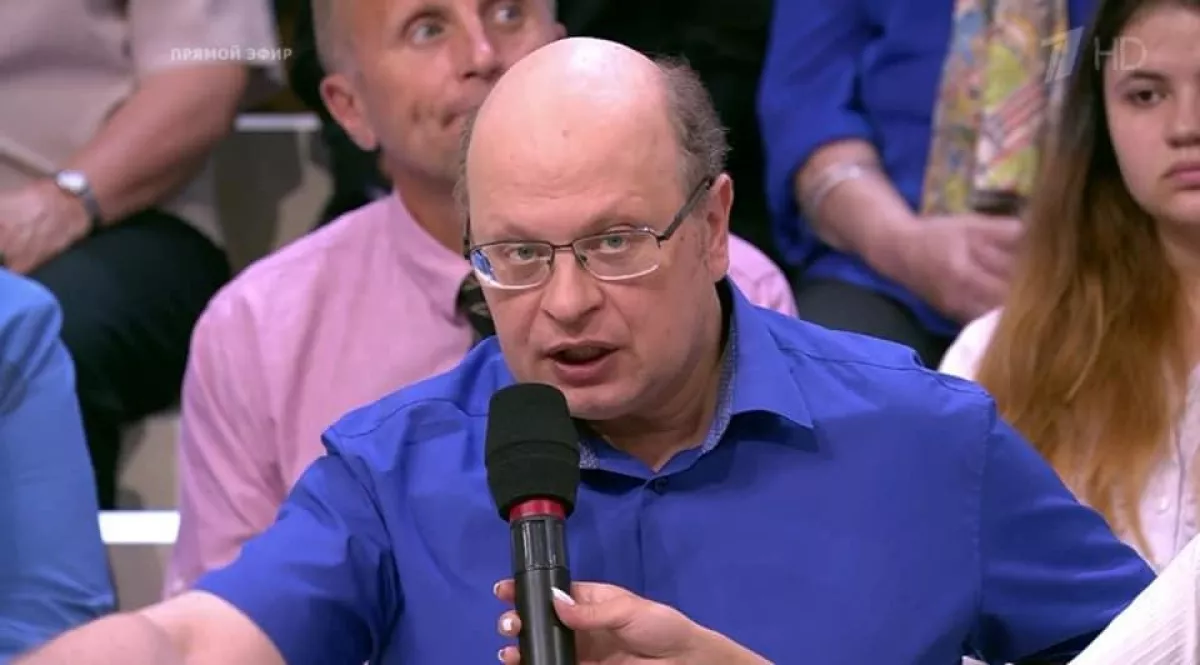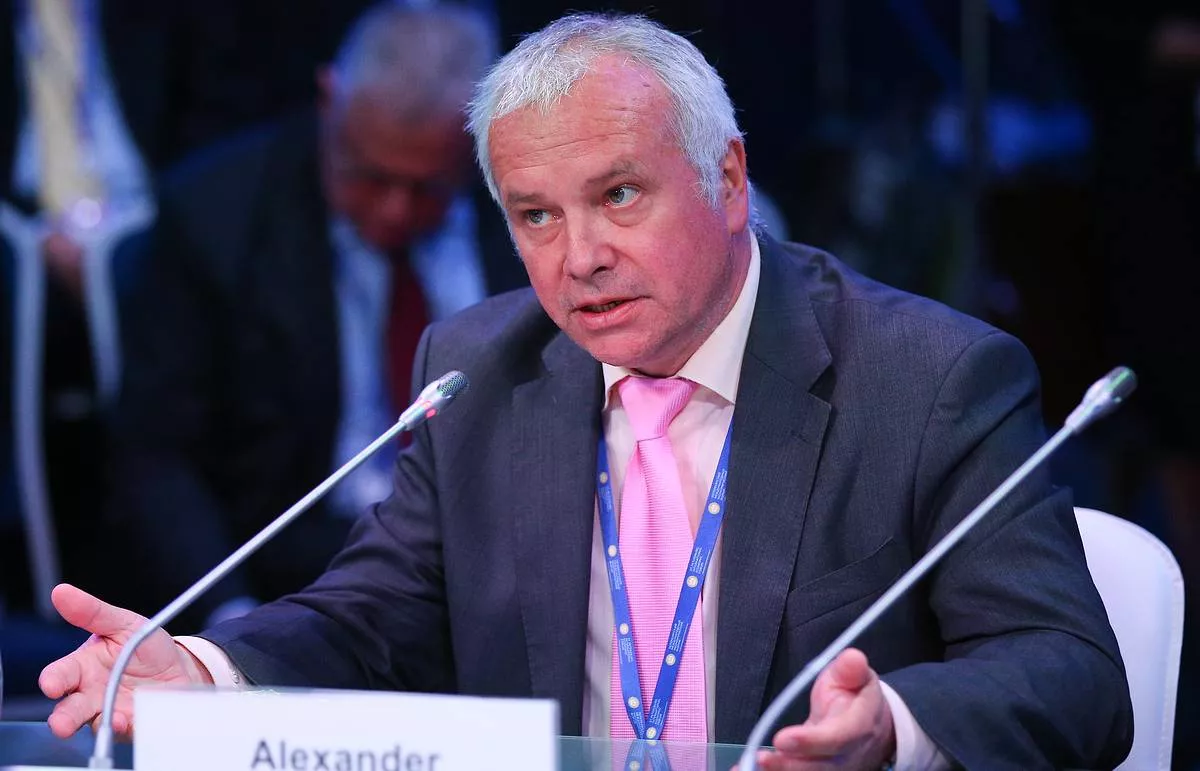Dutch policy twist: What's behind Amsterdam’s support for Armenia? Experts reflect on rightist government’s motives
Caliber.Az previously reported that the Dutch government has officially proposed a new foreign policy strategy to parliament, which includes plans to support Armenia. The draft outlines assistance to Yerevan as part of aid to countries deemed to be in a "vulnerable situation." It also suggests enhancing Armenia's connections with the EU through economic and transport initiatives like Global Gateway and other EU-funded programs.
This raises pertinent questions: Who poses a threat to Armenia, and what are Amsterdam's objectives in the South Caucasus?
Caliber.Az has reached out to foreign experts for insights on these queries.

German political scientist and journalist Eugen Kudryats criticized the Dutch government's stance towards Azerbaijan, calling it fundamentally flawed. He questioned the rationale behind the Netherlands' support for Armenia, stating:
“It is not quite clear where the Dutch authorities see a threat, because in fact the conflict in the South Caucasus is over, Azerbaijan has returned its territories, while Armenia has not yet changed its Constitution, which contains territorial claims to Azerbaijan. Western countries, in particular the Netherlands, should build the most objective policy on such issues, but we see that the attitude towards Azerbaijan is quite, let's say, strange, frankly unfair. After all, everything is clear and obvious: Azerbaijan returned its territories, no objections were heard in Europe at that time, as we remember. Because it was clear that Azerbaijan was not taking someone else's property, but returning its own. Accordingly, when Europe, especially France, where the Armenian diaspora is so strong, or a country like the Netherlands, starts to be tangibly tilted to one side, it certainly raises questions," he said.
"Once again, Europe's position on such foreign policy issues should be neutral, there can be no favourites. In politics, interests play the main role, there is no place for feelings, preferences, likes and dislikes and other illogical manifestations: there is a business approach, and built economic ties - this should be the cornerstone of relations. And when the government of the Netherlands declares: ‘We will help Armenia’, it means that by implication it is announced that they will not help Azerbaijan. It is not said out loud, not prescribed, but it is implied. Such a one-sided approach is astounding to me, and it is not even about Azerbaijan alone, but about the very principle - either one or another European state helps all post-Soviet countries, without dividing them into black and white, or not helping anyone at all,” Kudryats stressed.

German political scientist and senior research fellow at the Institute of World Trends (Potsdam), Alexander Rahr, observed that the German and international media have yet to report on or comment upon the Netherlands' shift in policy towards Armenia and Azerbaijan.
“It is not excluded that the Armenian diaspora has become more active in Amsterdam. It is also not excluded that the right-wing government of the Netherlands, having recently adopted anti-migration positions, is trying to position itself more assertively within the European Union. The new right-wing Dutch government operates on a straightforward logic: migration to Europe must be stopped. The EU is strained by the influx of migrants. According to the Dutch government, halting migration also involves addressing the underlying reasons that force people to flee their countries. Major refugee flows result from wars, internal conflicts, and other political or economic crises. Therefore, the decision is for the EU to become more engaged in peacekeeping. Conflicts in the South Caucasus must be resolved to prevent a surge of refugees into Europe. However, the Dutch government seems to believe that aiding and protecting Armenia is a way to address this issue,” Rahr explained.








